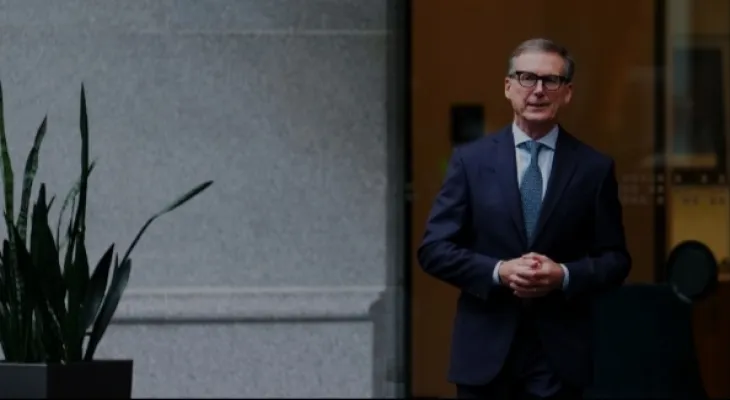Search here
Newspaper
Search here

Arab Canada News
News

Published: November 11, 2022
Bank of Canada Governor Tiff Maclem said during a speech in downtown Toronto on Thursday that Canada’s low unemployment rate is not sustainable and contributes to decades of rising inflation rates.
Speaking to students and researchers at Toronto Metropolitan University, the governor said the Canadian labor market needs rebalancing to stabilize inflation. Maclem also said that companies struggling to find workers cannot keep up with demand for goods and services in the economy, adding that “tightness in the labor market is a symptom of the general imbalance between supply and demand that fuels inflation and harms all Canadians.”
Last month, the Canadian economy surprised forecasters by adding more than 100,000 jobs while the unemployment rate held steady at 5.2 percent. The strong job numbers came after four months of losses or minimal employment growth. Also, Maclem said policies that increase the number of workers available for work will help ease inflation. He said increasing immigration is one of them.
With economies slowing around the world in response to rising interest rates, Maclem said Canada will be better off than other countries partly due to strong immigration levels. He also stated that other policies such as expanding universal child care will help increase the share of women in the workforce, but he noted that it will take time.
However, the governor stressed that these policies are not substitutes for using interest rates to curb high inflation and added: “New workers will receive new incomes, and that will increase spending in the economy.” That is why increasing supply, while valuable, is not a substitute for monetary policy.
Last month, the Bank of Canada raised its key interest rate for the sixth consecutive time this year. The central bank indicated it is nearing the end of one of the fastest interest rate hiking cycles in its history. Economists expect one or two more rate hikes.
Additionally, the interest rate increases came in response to inflation reaching its highest level in nearly four decades. In September, the inflation rate was 6.9 percent, well above the central bank’s 2 percent target, and it has been steadily declining since reaching 8.1 percent in June.
Comments